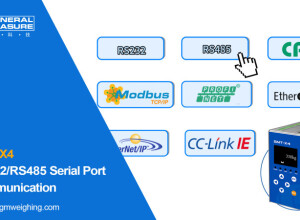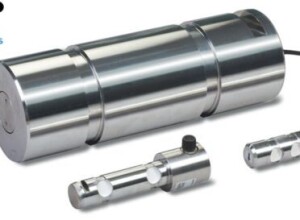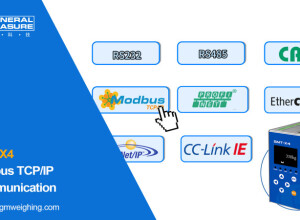[Article]: Best Tips for Managing Paperwork as an Owner-Operator
Managing paperwork is a crucial aspect of being an owner-operator in the trucking industry. Proper documentation ensures compliance, streamlines operations, and supports financial management. Here are some of the best tips to help owner-operators manage their paperwork efficiently.
Types of Paperwork Owner-Operators Typically Handle:
Owner-operators must manage a variety of documents to keep their business running smoothly. Common types of paperwork include:
- Regulatory Documents: DOT and FMCSA compliance records, inspection reports, and safety audits.
- Financial Documents: Invoices, receipts, expense reports, and bank statements.
- Operational Documents: Bills of lading, delivery receipts, and trip logs.
- Tax Documents: Income statements, tax returns, and deductible expenses.
- Contracts and Agreements: Lease agreements, service contracts, and insurance policies.
Tips for Managing Paperwork:
Organize Your Documentation:
Creating an organized system for managing paperwork is essential. Start by categorizing documents into clearly labeled folders or binders, both physically and digitally. Maintain separate sections for different types of paperwork, such as financial records, regulatory compliance, and operational documents. Use color-coded labels or digital tags to make retrieval easier. Regularly update your filing system to ensure it stays organized and efficient.
Leverage Technology:
Technology can significantly streamline paperwork management. Utilize digital tools and software to store, organize, and access documents. Cloud storage solutions like Google Drive, Dropbox, or OneDrive offer secure, accessible storage. Additionally, specialized apps for trucking, such as TruckLogger or KeepTruckin, can help with logging hours, managing expenses, and storing documents. Using digital solutions reduces the risk of losing important papers and makes it easier to share documents when necessary.
Set Up a Routine:
Establishing a consistent routine for handling paperwork can prevent it from becoming overwhelming. Set aside specific times each day or week to review, file, and organize documents. For example, dedicate 30 minutes at the end of each day to process receipts and update logs, and a couple of hours weekly to review invoices and financial records. Consistency helps maintain order and ensures that paperwork doesn’t pile up.
Stay on Top of Invoicing and Payments:
Timely invoicing is crucial for maintaining cash flow. Use accounting software like QuickBooks or FreshBooks to create and send invoices promptly. Track payments and follow up on overdue accounts to ensure you receive payments on time. Keeping a close eye on your finances helps avoid cash flow issues and keeps your business running smoothly.
Manage Tax Documents Efficiently:
Efficient tax document management can save time and money during tax season. Keep all receipts and expense records organized throughout the year. Use apps like Expensify or Shoeboxed to digitize and categorize expenses. Consider working with an accountant or using tax preparation software to ensure accuracy and maximize deductions.
Ensure Compliance with Regulations:
Staying compliant with DOT and FMCSA regulations is critical for avoiding fines and penalties. Keep all required documents, such as inspection reports, safety audits, and compliance records, up-to-date and easily accessible. Regularly review regulatory requirements to ensure you’re in compliance with any changes.
Seek Professional Help When Needed:
Managing paperwork can be complex, and seeking professional help can ensure everything is handled correctly. Trucking paperwork services, like those offered by Logity Dispatch, provide expert assistance with organizing, managing, and filing necessary documents. These services can help you stay compliant, manage your finances more effectively, and focus on your core business operations.
Conclusion:
Effective paperwork management is vital for owner-operators in the trucking industry. By organizing documentation, leveraging technology, setting up a routine, staying on top of invoicing, managing tax documents, ensuring regulatory compliance, and seeking professional help when needed, owner-operators can streamline their operations and focus on growing their business. Implementing these tips can lead to more efficient management and a more successful trucking business.
Image Source:
https://www.pexels.com/pt-br/foto/homem-computador-portatil-laptop-notebook-6694543/
























Interested? Submit your enquiry using the form below:
Only available for registered users. Sign In to your account or register here.